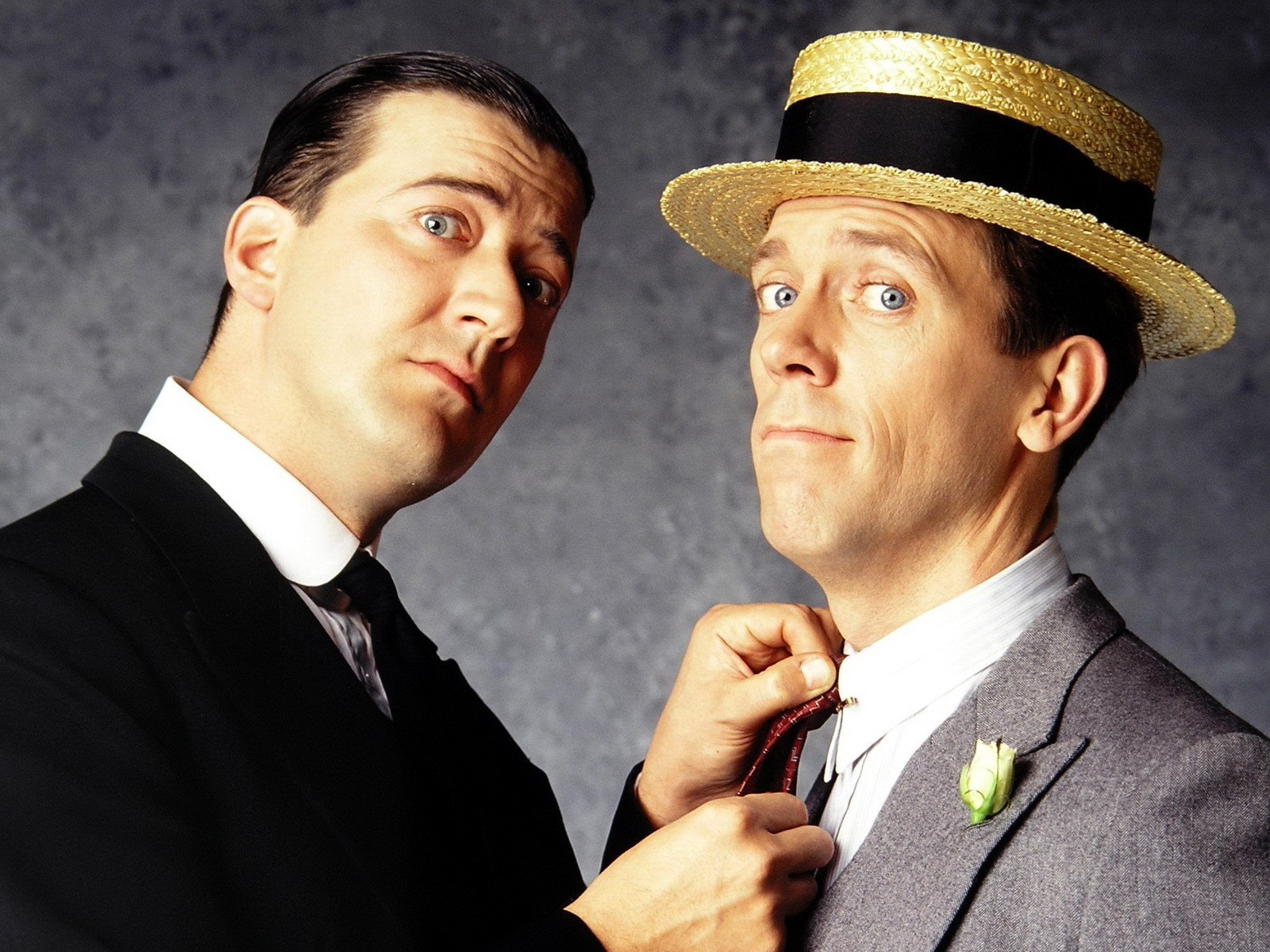Right Ho, Jeeves. By PG Wodehouse. Book review.
Pip, pip. Tip top. And midnight cycle rides. What Ho, Jeeves, is a topping story of unrequited love, mistaken identity and Betram Wooster’s cock-eyed attempts at match making. With white mess jackets, newts, God’s daisy chain, hangover cures and the splendidly named list of characters handily introduced on page one the bumbling 1934 comic novel is a delight.
They is cousin Angela Travers who has an on off engagement with Tuppy Glossop; Gussie Fink-Nottle whose love of newts restricts his romantic liaisons with Madeline Bassett; Aunt Dahlia of Brinkley Court, her husband Tom and her chef the temperamental Anatole. At the heart of the novel is the battle of wits between Bertie Wooster and Jeeves as they both in their own opposite ways attempt to aid Cupid’s arrow shooting to its romantic heart.

Using a rich usage of imagery from booze to horse racing, and newly created words and phrases like ‘oom beroofen’ and ‘Gawd-help-us-ness’ the story told in the first person allows the reader to inhabit the mindset of protagonist Bertie whose muddle thoughts set up the plot with its continual failures as he tries to create romantic harmony. His inspirational thinking often occurs off the cuff or after a snifter – and of course the ideas aren’t thought through which makes the consequences so enjoyable. There’s his dictate not to eat Anatole’s legendary food to Aunt Dahlia so as to gain Tom’s attentions and to Tuppy to win over Angela – which of course backfire with Anatole handing in his notice in disgust.
There’s a wonderful exchange of telegrams – Edwardian England’s equivalent to emails – between Aunt Dahlia and Bertie – in which he fails to register the urgency of her message ‘Come at once, Travers’ which she follows up when he replies ‘Perplexed. Explain. Bertie,’ with ‘What on earth is there to be perplexed about, ass? Come at once. Travers.’
And there’s the brilliant misunderstanding between Bertie and Madeline when his attempts to find out about her true feelings ends with him accidently proposing marriage. And my favourite scene when he gets teetotal Gussie drunk ahead of a school speech day in which Gusssie is to give out the prizes to the boys of Market Snodsbury Grammar School. It’s high comedy as first Gussie clashes with the first speaker and after a rambling speech concludes with the lines, “As Shakespeare says, there are sermons in books, stones in the running brooks, or, rather, the other way about, and there you have it in a nutshell.”
Escapism perhaps, an Edwardian England devoid of reality outside the world of the idle rich probably, a send up of the class system as a communist text possibly, but essentially a timeless comedy written with warmth and a completeness of style rarely achieved. And I haven’t even mentioned the midnight cycle ride. Pip, pip. Tip top.
Harry Mottram
Notes
Two years before the publication of Right Ho, Jeeves, another comic novel was published which has never been out of print since. Cold Comfort Farm, by Stella Gibbons, has been a favourite for successive generations as it follows the life of orphan Flora Poste when she goes to live with some odd ball folk on Cold Comfort Farm. The phrase there’s ‘something nasty in the woodshed,’ became engraved into popular culture.
Scoop, by Evelyn Waugh, published in 1938, is another comic novel of the era as it sends naive William Boot by mistake off to a war zone in Abyssinia. But Waugh’s earlier novel, Vile Bodies, lampoons in a satire the ‘bright young things’ or rather the ‘dumb young rich things’ of Bertie Wooster’s generation.
The book was chosen by Harry Mottram for the Axbridge Four Seasons Book Club for their April 2023 novel.
Photo: Stephen Fry and Hugh Laurie in ITV’s Jeeves and Wooster series in the 1990s
Rapscallion Magazine is an online publication edited by Harry Mottram
Harry is a freelance journalist. Follow him on Facebook, LinkedIn, Twitter, Instagram, YouTube etc
Email:harryfmottram@gmail.com
Website:www.harrymottram.co.uk
Mobile: 07789 864769


You must be logged in to post a comment.